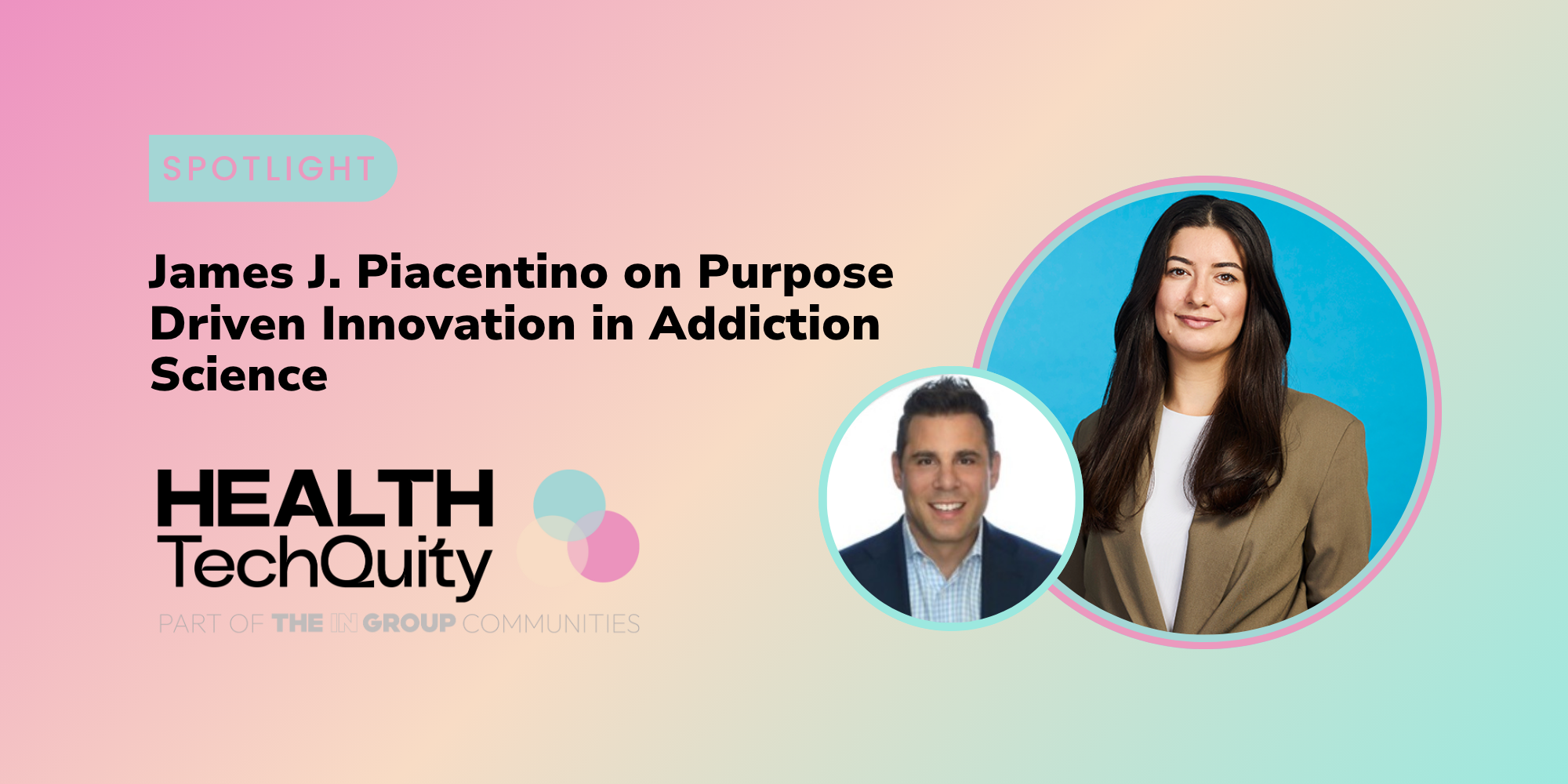James J. Piacentino is no stranger to building things that matter. With more than 20 years of experience across tech and healthcare, his career has spanned startup hustle, enterprise leadership, and cutting-edge innovation. Today, he serves as Co-Founder and CEO of Thrive Genetics. “Thrive Genetics’ addiction risk digital health platform combines genetic and behavioral data and insights designed to empower providers in specialty and high-risk environments to make safer prescribing decisions.”
But for James, this mission is more than professional. It’s deeply personal.
"I lost my father to complications from addiction. If I can help even one family avoid that same pain, then every late night and startup struggle has been worth it."
A Mission Rooted in Healing and Possibility
James describes his personal mission as helping level-up how the next gen entrepreneurs(creators) show up.
''Creating isn’t just for artists – It’s a divine human right and skill we all have – but it must be exercised - We get to choose how we show up, every day to create the world we live in. Progress is the reward, but taking action is the electrical current to receive that reward.''
This blend of creativity and purpose laid the foundation for Thrive Genetics, which he co-founded with Dr. Danielle Dick of Rutgers Addiction Research Center. Their goal: to reimagine how we approach addiction science – not with another app, but with integrated, evidence-based tools that empower both clinicians and patients.
From Enterprise Tech to Transforming Pain Care
James’s journey into healthtech began with a collaboration between a small software company and a large pharmaceutical partner. It sparked what he describes as the “startup bug” – a process that felt like “writing a song, but in business.”
Years in enterprise software taught him scale, structure, and strategy. But it was the brokenness of the healthcare system, especially around addiction, that compelled him to act. Instead of building another dashboard, he focused on how to merge genetics, data, and workflow – creating change from the inside out.
The Leadership Lesson That Stuck
One of the most formative insights James carries came from Harry Kraemer, former CEO of Baxter:
“You can’t lead others if you can’t lead yourself.”
This principle of self-leadership – of reflection, values, and humility – has anchored James throughout his career. In the noisy world of healthtech, where trends shift and pressure is constant, staying true to mission is more than a mindset – it’s a survival skill.
The Biggest Challenge in HealthTech Today?
For James, the answer is clear: integration.
“There are so many great ideas that never make it past the pilot phase. They don’t fit provider workflows or fail to align with reimbursement realities. Bridging that gap—especially in behavioural health and pain care—is the next frontier.”
Looking Ahead: What’s Next for HealthTech?
In the next five years, James envisions a new standard where genetics, behavioural data, and environment are central to every serious treatment decision. AI, he says, won’t replace, but will help personalise care and improve risk detection – especially in areas that historically lack investment.
“The companies that thrive will be those who show up at the point of care with real utility – delivering cost savings without losing the human side of health.”
And One Final Question...
Every spotlight ends with a question for the next guest. James leaves us with a bold one:
“What’s the one assumption about healthcare that you think is flat-out wrong – and what are you doing to challenge it?”

.png)